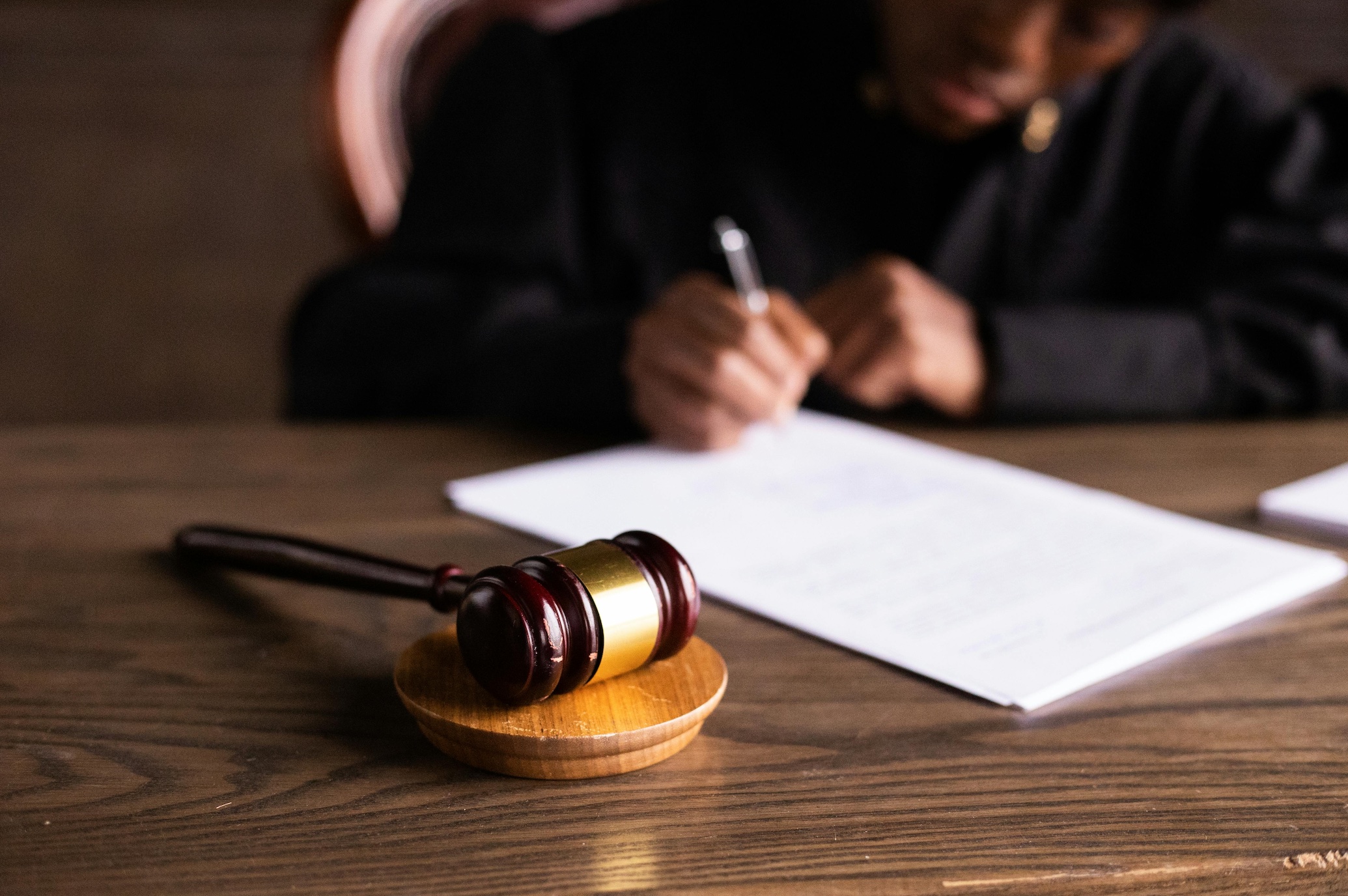Essential weapons in criminal defense, pretrial motions let lawyers challenge evidence, defend their client’s rights, and influence the direction of the trial before it ever starts.
Pretrial motions, which let attorneys challenge evidence, drop charges, and set conditions for a fair trial, are fundamental parts of criminal defense strategy. These legal actions can significantly affect the outcome even before an issue reaches the court. Knowing these motions will enable defendants and their families to navigate the complexity of the legal system. Five main pretrial motions—which are absolutely essential for criminal defense—are below.
Motion to Dismiss: Challenging the Validity of Charges
Among a defense attorney’s most effective weapons is a motion to dismiss. This motion argues that legal flaws call for the case to be thrown out totally. For many reasons, a court may grant a motion to dismiss. The prosecution can lack enough proof to back up the allegations, or the evidence they provide might not satisfy the legal criteria needed to move on to a trial. Procedural violations occasionally can also result in dismissal. For instance, the defense may argue that the defendant’s rights have been violated should law enforcement fail to follow due process or if the prosecution engages in misconduct. Should the court agree, the matter could be thrown out before it ever gets to trial, therefore sparing the defendant from a lengthy legal conflict.
Motion to Suppress Evidence: Keeping Illegally Obtained Evidence Out
Some evidence pieces are challenged on admission using a motion to suppress evidence approach. Should the defense prove that the evidence was obtained against the defendant’s constitutional rights, the court could call off the trial. Illegal search and seizure are among the most often occurring causes of filing this motion. Police personnel, under the Fourth Amendment, have to search under a warrant or probable cause. Should they gather data outside of these legal guidelines, the defense may argue that the evidence should be suppressed. Likewise, a confession can also be thrown off the trial if it was forced or acquired without adequately telling the defendant of their rights. Since the prosecution mostly depends on evidence, effectively suppressing important pieces might seriously weaken their case.
Motion for a Change of Venue: Ensuring a Fair Trial
In well-publicized situations, a motion for a change of venue might be required to guarantee the defendant gets a fair trial. Usually driven by concerns related to impartiality, this motion requests that the trial be relocated. Sometimes, media attention creates a bias in potential jurors, which makes an unbiased jury pool difficult. Should the case gain notable local community attention, the defense could argue that pretrial publicity has shaped public opinion, therefore rendering the defendant unable to get a fair trial. Judges considering whether to grant the motion will take into account elements including public opinion and media coverage degree. Should it be approved, the trial will be moved to another jurisdiction, allowing the selection of an impartial jury.
Motion to Sever: Separating Defendants or Charges
When several defendants are charged simultaneously or when a person faces several offenses, a move to sever can be a very important strategy. This action asks that separate trials handle different charges or that the defendant be tried separately from co-defendants. The defense could argue that, particularly if the other defendants have incriminating evidence against them, being tried alongside co-defendants could be biased. Should one co-defendant confess or have past convictions, this information could unjustly influence the jury’s view of every other defendant.
The Role of Lawyers in Pretrial Motions

Filing and arguing pretrial motions to defend their client’s rights depends critically on a criminal defense lawyer. They examine the case of the prosecution, point out legal flaws, and deliberately employ motions to suppress evidence, dismiss charges, or guarantee a fair trial. Knowing procedural rules and constitutional rights, qualified attorney questions, forced confessions, improper searches, or biased jurors. By skillfully submitting these motions, a criminal defense attorney can significantly raise the chances of a favorable outcome for the defendant, therefore weakening the case of the prosecution or maybe preventing it from ever getting to trial.
Conclusion
Essential weapons in criminal defense, pretrial motions let lawyers challenge evidence, defend their client’s rights, and influence the direction of the trial before it ever starts. These legal maneuvers—seeking to dismiss charges, suppress evidence, change the trial site, separate co-defendants, or omit prejudicial information—can have a big impact on the result of a case. Knowing these motions will enable defendants and their families to navigate the legal process feeling more informed and ready.


Join the conversation!